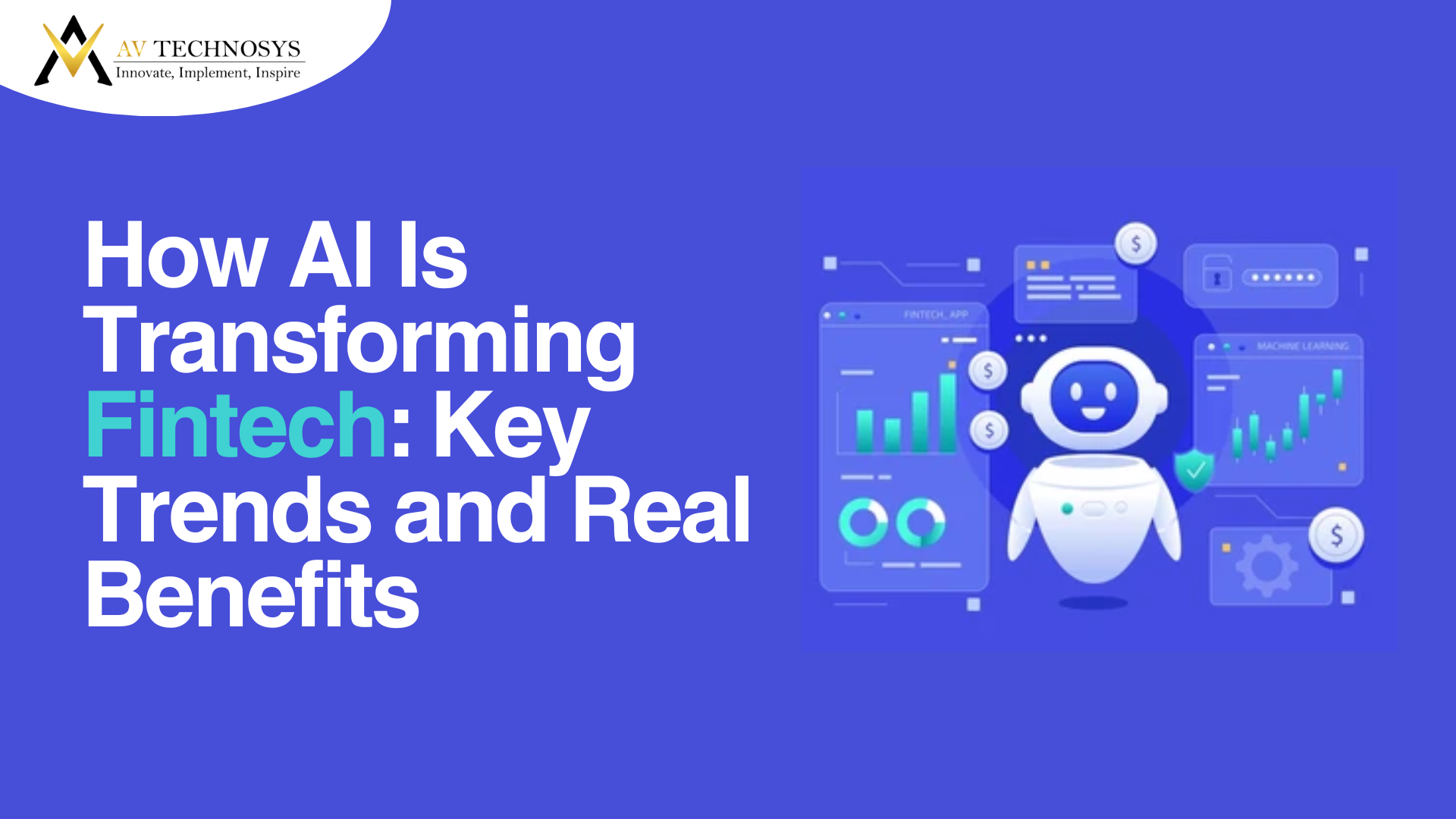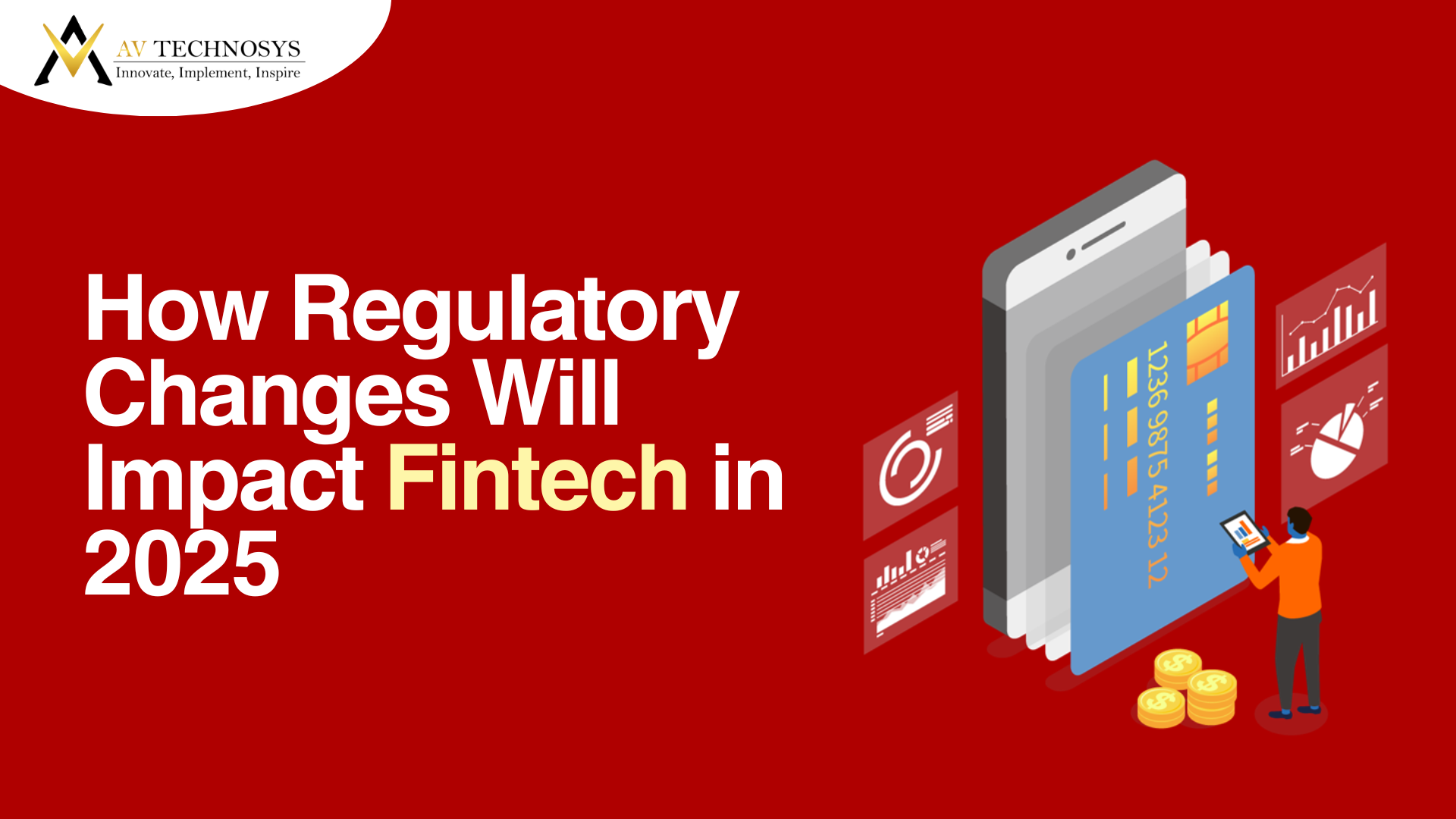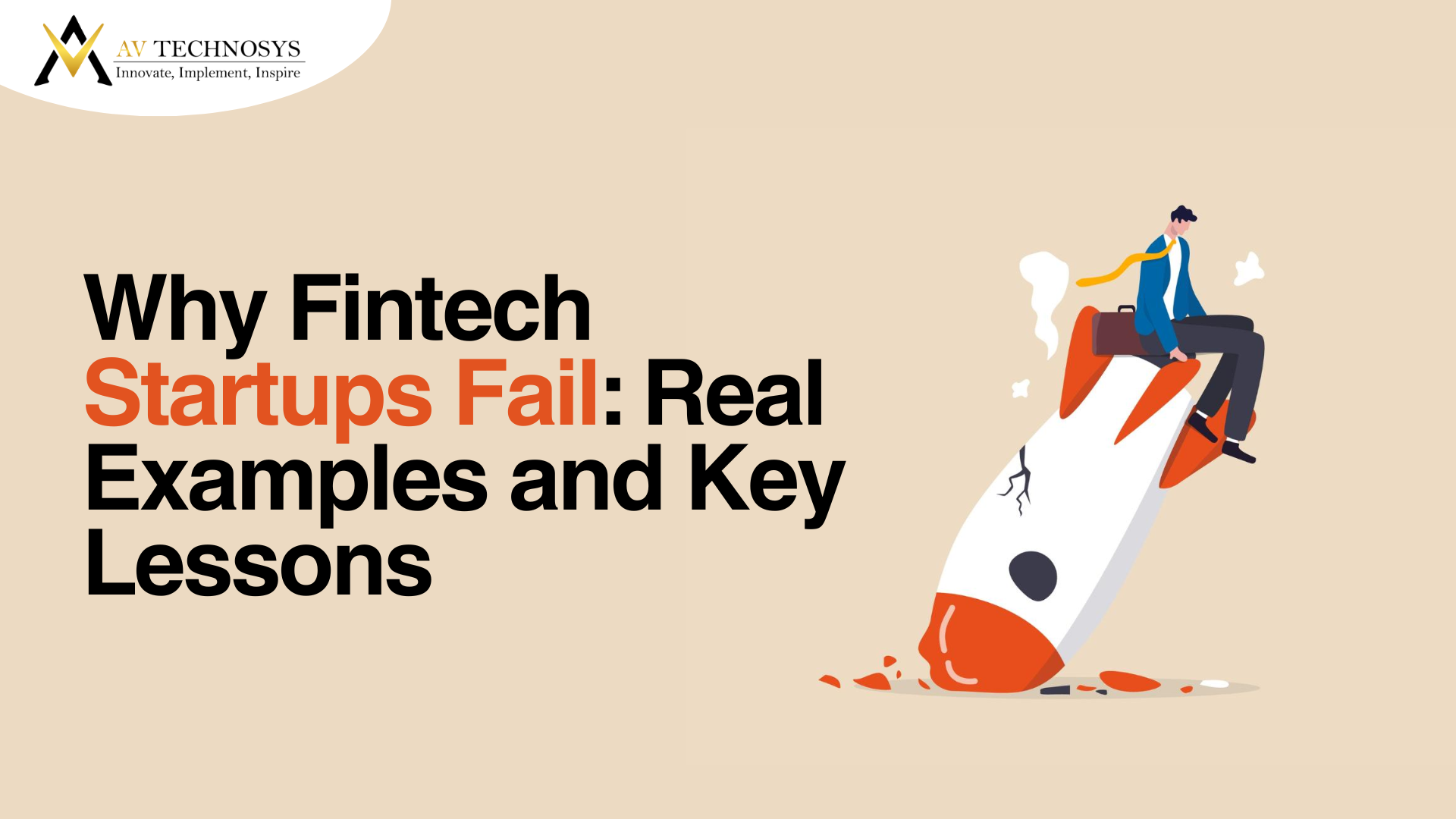What is Fintech? A Beginner’s Guide to the Future of Finance
Discover what fintech is and how it’s shaping the future of finance. A beginner’s guide to digital payments, banking, investing, and more.

Finance has always been a cornerstone of human progress. From barter systems to coins, paper money, and now digital wallets, every era has redefined how we exchange value. Today, we stand in the middle of another revolution, financial technology, or fintech. If you’ve ever transferred money on your phone, paid using a QR code, or invested through an app, you’ve already experienced fintech in action.
But what exactly is fintech, how did it come into being, and why is it shaping the future of money and banking? Let’s explore everything you need to know in this beginner’s guide.
What is Fintech?
Fintech, short for financial technology, refers to the innovative use of technology to deliver financial services more efficiently, securely, and inclusively. It combines software, mobile applications, cloud computing, artificial intelligence (AI), and blockchain to create solutions for payments, lending, investing, banking, insurance, and beyond. Partnering with a reliable finance app development company allows businesses to build these cutting-edge solutions and bring smarter financial services to users worldwide.
In simple terms, fintech is about making money management smarter, faster, and more user-friendly.
Some examples you already see around you include:
Mobile wallets like Google Pay, Paytm, and Apple Pay.
Peer-to-peer lending platforms.
Stock trading apps like Robinhood or Zerodha.
Buy Now, Pay Later (BNPL) services such as Klarna or Afterpay.
Cryptocurrencies and blockchain-based solutions.
A Brief History of Fintech
Although fintech feels like a buzzword of the 21st century, its roots go back much further.
1960s–1970s: The introduction of ATMs, credit cards, and electronic stock trading.
1980s–1990s: Digital banking emerged; banks began using computers for customer services.
2000s: The rise of internet banking and e-commerce payments.
2008: The global financial crisis accelerated the need for alternatives to traditional banking, giving rise to fintech startups.
2010s onwards: Mobile-first fintech solutions, peer-to-peer lending, crowdfunding, robo-advisors, and cryptocurrency became mainstream.
Now, fintech has grown into a trillion-dollar global industry that touches almost every aspect of how we earn, spend, borrow, and invest.
Why is Fintech Important?
Fintech is not just about convenience; it’s reshaping the entire financial ecosystem. Here’s why it matters:
Accessibility – People in rural or underserved areas can access digital banking through their phones without needing a physical branch.
Lower Costs – Fintech reduces transaction fees by cutting out intermediaries.
Speed – Real-time payments, instant loans, and fast investments.
Transparency – Blockchain-based fintech solutions offer clear, traceable records.
Innovation – New products like BNPL, neobanks, and crypto wallets cater to modern consumer needs.
In essence, fintech democratizes finance, making financial tools available to anyone with a smartphone and internet connection.
Key Areas of Fintech
Fintech covers a wide spectrum. Below are the most important segments shaping the industry today.
1. Digital Payments
Mobile wallets, QR codes, and contactless payments are the most visible side of fintech. Platforms like PayPal, Venmo, PhonePe, and Alipay have redefined how people pay for goods and services.
2. Digital Banking & Neobanks
Traditional banks are going digital, while neobanks, fully online banks with no physical branches are gaining ground. They offer faster onboarding, user-friendly apps, and 24/7 services. Examples include Revolut, Monzo, and Chime.
3. Lending Platforms
Peer-to-peer lending, microfinance apps, and digital loan providers make it possible to borrow money without lengthy paperwork or long bank queues. AI-driven risk assessment has made loan approvals quicker and more accurate.
4. WealthTech
Wealth management platforms and robo-advisors like Betterment and Groww help individuals invest with minimal knowledge or effort. They use algorithms to suggest the best investment strategies.
5. InsurTech
Insurance technology startups simplify policy management, claims, and personalized premium pricing. Companies like Lemonade and Policybazaar leverage AI and big data for customer-centric solutions.
6. Blockchain & Cryptocurrencies
Decentralized finance (DeFi), crypto exchanges, and blockchain-based platforms are transforming the way assets are traded, verified, and stored.
7. RegTech
Regulatory technology ensures compliance with financial laws using AI, big data, and automation, vital for fraud detection and anti-money laundering.
The Role of Technology in Fintech
Fintech thrives because of technological advancements. Here’s what drives it:
Artificial Intelligence (AI) & Machine Learning (ML) – Fraud detection, credit scoring, and personalized recommendations.
Blockchain – Decentralized, secure, and transparent transactions.
Big Data & Analytics – Understanding customer behavior to deliver better financial products.
Cloud Computing – Faster, scalable, and cost-effective services for financial companies.
APIs (Application Programming Interfaces) – Seamless integration between apps, banks, and third-party services.
Benefits of Fintech for Consumers
Fintech isn’t just a fancy term; it improves everyday life.
Convenience: Manage money anytime, anywhere.
Personalization: AI-driven apps suggest savings, investments, and credit products tailored to your lifestyle.
Financial Inclusion: People without traditional banking access can open accounts digitally.
Lower Fees: Digital-first platforms reduce overhead costs, often passing savings to consumers.
Control: Real-time spending insights help users budget more effectively.
Challenges Facing Fintech
Despite its benefits, fintech is not without hurdles.
Cybersecurity Risks – Online transactions are vulnerable to hacking and fraud.
Regulatory Uncertainty – Governments are still catching up with rapidly evolving fintech solutions.
Data Privacy Concerns – Handling sensitive financial data raises issues of misuse.
Digital Divide – Not everyone has access to smartphones or the internet.
Trust Issues – Some consumers still prefer traditional banks over new, digital-first providers.
Overcoming these challenges is essential for fintech to grow sustainably.
The Future of Fintech
The next decade will see fintech expand even further, with some emerging trends already shaping the future:
Embedded Finance – Banking integrated directly into non-financial apps (like ride-sharing apps offering credit cards).
Artificial Intelligence in Finance – Hyper-personalized financial planning and advanced fraud prevention.
Decentralized Finance (DeFi) – Peer-to-peer lending, borrowing, and trading without banks.
Green Fintech – Eco-friendly solutions like carbon credit trading and sustainable investment apps.
Central Bank Digital Currencies (CBDCs) – Many countries are exploring digital versions of their national currencies.
In short, fintech is set to make finance more borderless, inclusive, and innovative.
Fintech in Everyday Life: Real Examples
To see fintech’s impact, look at how it blends seamlessly into daily routines:
Ordering food online and paying via UPI or card.
Splitting bills with friends through payment apps.
Applying for an instant personal loan through a fintech app.
Buying stocks or crypto from a mobile trading platform.
Getting insurance quotes and paying premiums digitally.
What was once considered futuristic is now part of normal life.
Conclusion
Fintech is no longer just a trend; it is the future of finance. From mobile wallets to blockchain, from AI-driven investment advice to fully digital banks, it is transforming how people interact with money. For beginners, understanding fintech is not just about keeping up with technology; it’s about preparing for the way financial services will work in the years to come.
The beauty of fintech lies in its promise of accessibility, innovation, and empowerment. As long as you have a smartphone, you can participate in the global financial ecosystem, something unimaginable just two decades ago. To build scalable and secure fintech solutions tailored to your business, partner with AV Technosys, a trusted finance app development company that helps you shape the future of finance.
FAQs
1. What does fintech mean in simple words?
Fintech means using technology like apps, AI, and blockchain to make financial services faster, easier, and more accessible.
2. Is fintech the same as online banking?
Not exactly. Online banking is part of fintech, but fintech also covers payments, lending, investing, insurance, and crypto.
3. How safe is fintech?
Most fintech apps use encryption, multi-factor authentication, and compliance measures. However, risks like cybercrime still exist.
4. Can fintech replace banks?
Fintech may not fully replace banks, but it will transform how they operate. Many banks are now partnering with fintech startups.
5. What are some popular fintech apps?
Examples include PayPal, Venmo, Revolut, Robinhood, Zerodha, and Coinbase.
6. How does fintech help small businesses?
Fintech offers tools for easy payments, quick loans, accounting solutions, and expense tracking.
7. What is the future of fintech?
The future includes AI-driven services, decentralized finance (DeFi), green fintech, and government-backed digital currencies.
8. Who regulates fintech companies?
Regulation depends on the country's central banks, financial authorities, and government agencies typically oversee fintech.
9. Is cryptocurrency a part of fintech?
Yes, crypto and blockchain technology are major components of fintech innovation.
10. How can I start using fintech?
You can begin with mobile wallets, investment apps, or digital banking, all available on your smartphone.
📬 Get in Touch With Us
Name
Mobile No.
Message
Our Latest Blogs
Get the most recent information on trends, technology, and development insights.
View All Blogs

Ashish Bishnoi
07-05-2025
Discover how AI is reshaping fintech with key trends and real-world benefits driving innovation in 2025.

Veer choudhary
08-05-2025
Explore how new regulatory changes will shape the future of fintech in 2025 and beyond.

Veer choudhary
11-05-2025
Learn why fintech startups fail with real examples and key lessons to build smarter in 2025.
Our Technology Experts Are Catalysts for Digital Transformation
Book a Free call with Our Experts and Start Building the Future Today.

INDIA
238, 2nd floor, Purani Chungi,
DCM Road, Vaishali Nagar,
Jaipur, Rajasthan, 302017
+91 9983034111

UK
1-3 St Nicholas Street Worcester
WR1 1UW, United Kingdom
+44 7470994018

USA
15632 Lucy Lane ,
Frisco , TX , 75033
303-589-5158







